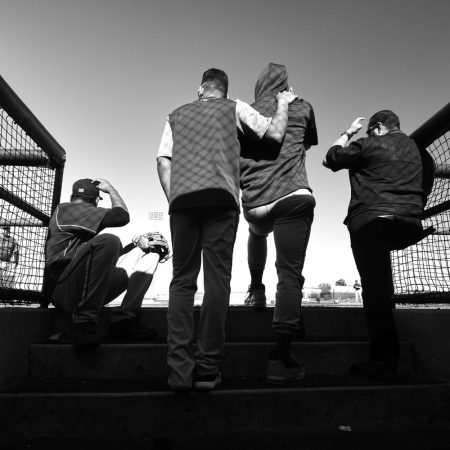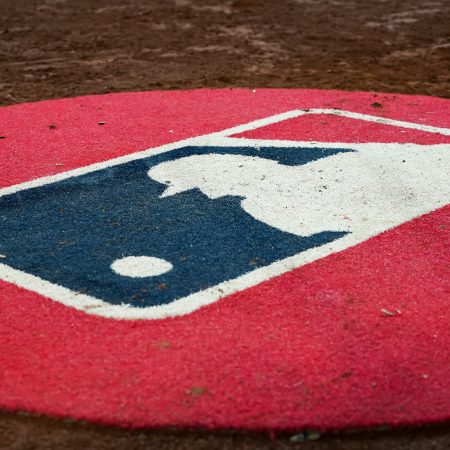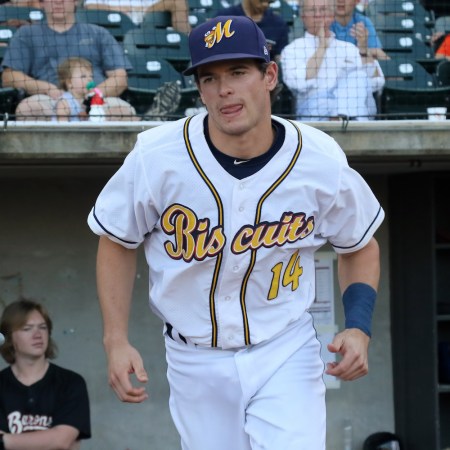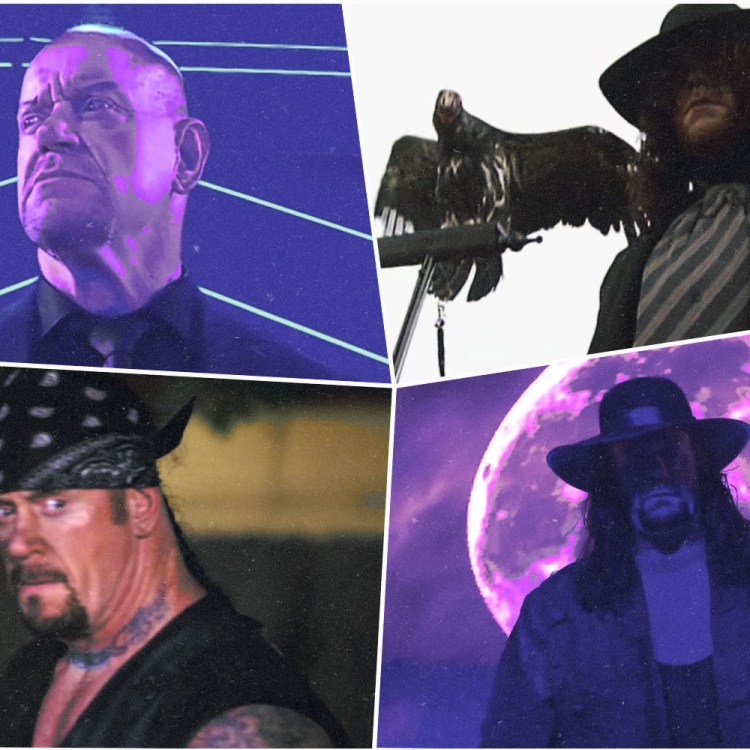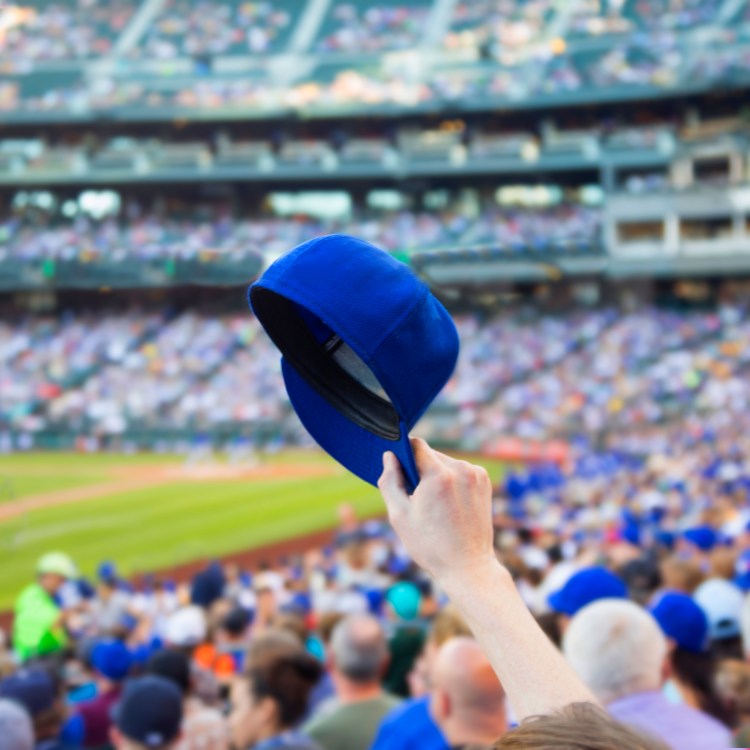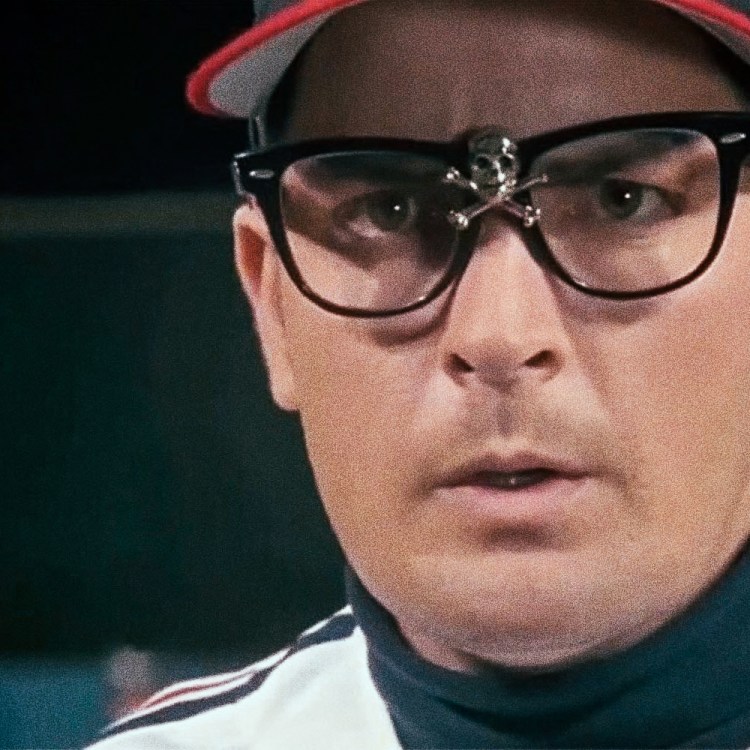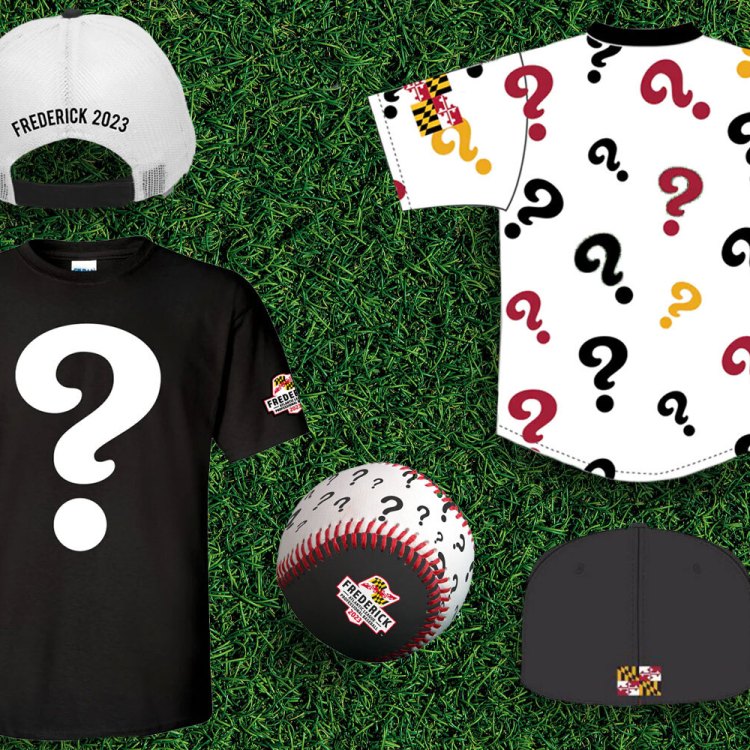A number of Tampa Bay Rays decided not honor Tropicana Field’s annual “Pride Night” during Saturday night’s game against the Chicago White Sox. The five ballplayers — Jason Adam, Jalen Beeks, Brooks Raley, Jeffrey Springs and Ryan Thompson, all pitchers — ripped the rainbow-colored decals off their sleeves and wore their normal “TB” headgear instead of donning the specially-designed Pride caps.
The troupe of non-supporters elected Adam to address the media on the issue. He said their decision was predicated on religious beliefs. “[Ultimately] we all said what we want is them to know that all are welcome and loved here,” he said. “But when we put it on our bodies, I think a lot of guys decided that it’s just a lifestyle that maybe — not that they look down on anybody or think differently — it’s just that maybe we don’t want to encourage it if we believe in Jesus, who’s encouraged us to live a lifestyle that would abstain from that behavior.”
Adams went on to use the term “lifestyle” one more time, in his conclusion: “It’s not judgmental. It’s not looking down. It’s just what we believe the lifestyle he’s encouraged us to live, for our good, not to withhold. But again, we love these men and women, we care about them, and we want them to feel safe and welcome here.”
It’s hard to imagine an easier, lower-stakes way to make a community feel safe and welcome than wearing a more colorful hat for a single night. Pride lasts all of June, but Tampa Bay was hoping for just one night of participation (let alone celebration) from its players. To the ballclub’s credit, everyone in the starting lineup wore the cap and patch, but it’s telling that every player who declined to do so was a bullpen pitcher. Only Beeks and Raley actually played (Beeks tossed 1.2 innings, Raley faced a single batter), which means the lot of them more or less got to protest the evening without facing the music. If other players could have sat in the shadows of the dugout the entire game, would they have followed suit?
There were some encouraging events and quotes from the game, to be sure. Kevin Kiermaier, the team’s de facto captain, wore the logos and said: “It’s one of those things, my parents taught me to love everyone as they are, go live your life, whatever your preferences are, go be you…We just want everyone to feel welcomed and included and cheer us on. No matter what your views on anything are.” Kevin Cash, the manager, said: “I think the organization has done a really good thing to have Pride Nights supporting our gay community to come out and have a nice night at the ballpark.”
This was the organization’s 16th Pride Night. The ballpark gave out mini Pride flags to an audience of nearly 20,000 fans, included members of the LGBTQ+ community in pregame festivities and donated $20,000 to Metro Inclusive Health. The Rays have walked the walk on active inclusivity for years now — back in 2015, the franchise joined the San Francisco Giants and New England Patriots in signing an amicus brief to the U.S. Supreme Court, in support of same-sex marriage. (The Giants are the only other MLB team wearing Pride logos this summer.)
A common refrain that dogs these sorts of stories is “keep politics out of sports.” That’s an insincere take. Sports are inextricably linked with politics. Sports offer a platform for progress (Jackie Robinson, Muhammad Ali, Colin Kaepernick), just as they help pedal propaganda (the Department of Defense pays professional leagues millions each year to host ceremonies and flyovers). Like anyone else, athletes are imperfect avatars for commentary on the issues of our time. We likely expect too much of them. But wearing Pride logos on one night of the year? That shouldn’t necessitate a decision or a discussion.
Keep in mind: earlier this year, Florida’s Governor Ron DeSantis signed the “Don’t Say Gay” bill, which forbids any sort of classroom instruction on sexual orientation and gender identity from kindergarten through the third grade. The state’s youth — and Americans across the country — are understandably alarmed at steps that elected officials are taking to roll back their rights and make their lives as uncomfortable as possible (as if embracing one’s sexuality wasn’t a difficult enough assignment already).
Ballplayers wear various patches and multi-colored equipment all the time — they don pink for Mother’s Day, camouflage for Armed Forces Weekend, powder blue for Father’s Day, and red, white and blue for Independence Day. Plus, for over 15 years now, every player and coach in the league has worn #42 on Jackie Robinson Day.
It would be an unthinkable statement for a player to rip an American flag decal off his jersey over the Fourth of July. So let’s try to muster just the tiniest bit of perspective for the significance of the Pride colors, too. Six years ago, after 49 men were killed at a gay nightclub in Orlando, the Rays warmed up in multicolored “We Are Orlando” shirts. It was an urgent show of solidarity for a community that lives down the road. It’s commendable (and truly rare) in North American professional sports to see a franchise take an issue to heart and actively take steps to make the world a better place. (Just weeks ago, in the wake of the Uvalde shooting, the Rays teamed with the New York Yankees to spend an evening tweeting cogent facts about American gun violence.)
It’s impossible to expect every player in a locker room to agree on something. But it’s a shame that those five Rays, who claim to be fueled by faith and love, failed to perform the only act of love that really mattered this weekend.
Thanks for reading InsideHook. Sign up for our daily newsletter and be in the know.

